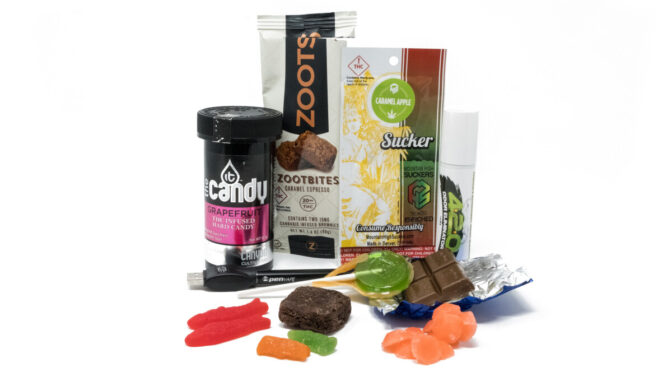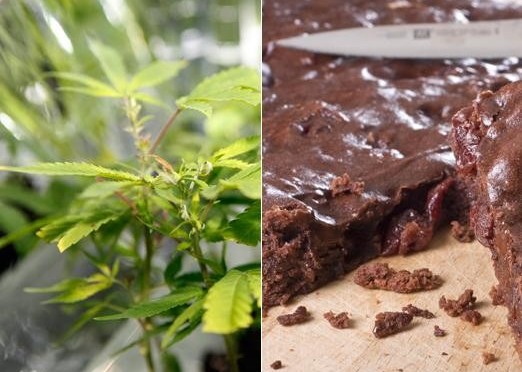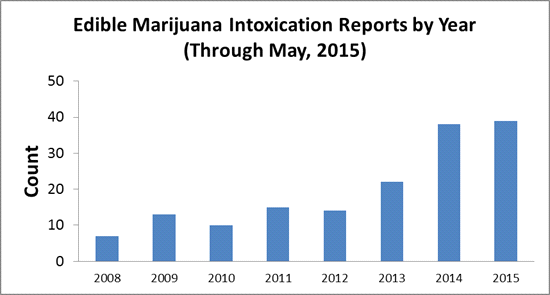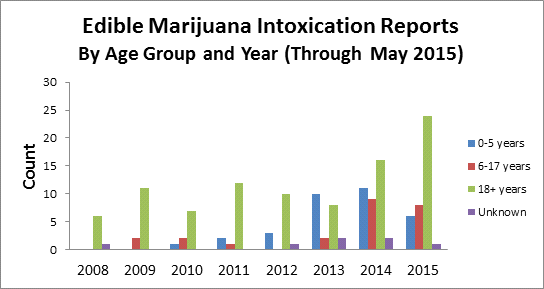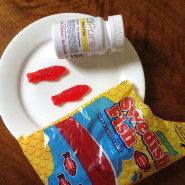One of the major criticisms of expanded marijuana legalization is that it makes the drug more accessible to minors. A recent study published in JAMA Pediatrics shows that has turned out to be a valid concern. Because of this problem, please tell your representatives in Congress and the Senate to oppose the SAFER Banking Act.
We also urge our followers to write the DEA and DOJ and tell them not to reschedule marijuana, using the address published by SAM. if you have not done so. More than 100 victims of marijuana from many states already sent such a letter to the DEA and DOJ on December 2nd.
The JAMA Study
“Pediatricians and caregivers must be aware of the widespread availability of online dispensaries and potential dissemination of marijuana to minors.”
~ Access to Marijuana by Minors Via Online Dispensaries, JAMA Pediatrics
According to the study, which looked at online weed sales in 32 states, internet dispensaries are woefully negligent when it comes to age verification safeguards that are supposed to prevent underage purchases. To understand what to today’s marijuana looks like in its many disguises, go to THCphotos.org.
This new information should serve as a wake-up call for anyone who thinks that making marijuana available everywhere for adults won’t have an effect on children.
Troubling Findings
By nearly every measure, online cannabis dispensaries are failing at keeping the drug away from adolescents and teens. Of the 80 internet weed shops looked at by researchers:
- Only 70% asked website visitors if they were of legal age. The standard is 100%.
- Less than 4% asked for a specific birthday.
- NONE of the dispensaries “required verified age documentation to enter the website”.
- Just 1 in 5 required formal age verification at any stage in order to purchase a cannabis product.
- 1 in 4 would deliver marijuana across state lines.
- Of those, 95% would deliver their products even if the other states had different laws.
- 84% of the cannabis stores accepted non-traceable payment methods such as cash, prepaid debit cards, or even digital cryptocurrency.
- The authors noted that this allows “youth to hide their transactions”.
Verification failures at so many dispensaries demonstrate just how egregious the lack of regulation, enforcement, and accountability is within the cannabis industry.
Targeting Youth or Turning a Blind Eye?
Despite most of the dispensaries listing their policies prohibiting sales to minors, there was not much done in practice to prevent it. Worse still, it seems as if some of the products were aimed specifically at young people.
The vast majority offered marijuana edibles such as candies, gummies, chocolates, baked goods, and sweetened drinks. Among these, 67% used colorful packaging that could be attractive to minors. California’s AB 1207 addressed the problem, but Governor Newsom vetoed the bill — under pressure from the cannabis industry.
More Marijuana Means More Problems
“The study shows what we have been warning about for years. Marijuana use was on a decades-long decline thanks to the concerted work of prevention efforts, but the legalization and commercialization of marijuana is threatening to erase those public health gains.”
~ Dr. Kevin Sabet, President and CEO of Smart Approaches to Marijuana and former Senior Drug Policy Advisor to the White House
A study published in the March 2023 edition of Addictive Behaviors found that youth marijuana use increases after state recreational marijuana is legalized.
Key findings include:
- Past-month cannabis use went among adolescents and young adults.
- Among young people, the perceived risk of harm went down.
- Use increased, but treatment admissions for Cannabis Use Disorder decreased.
Dr. Sabet continues, saying, “There is no question that CUD is stigmatized and proponents of legalization have told us that legalizing marijuana will lead to more and better treatment options for those struggling with a substance abuse disorder. This study shows that in reality, legalization normalizes use and creates heavy users who are less likely to seek help.”
Good Drug Policy
“The goal of good drug policy should be to decrease access to addictive substances and increase access to treatment. Studies like this one show that legalizing drugs makes matters worse, especially for kids.”
~ Dr. Kevin Sabet, President of Smart Approaches to Marijuana and Foundation for Drug Policy Solutions.

